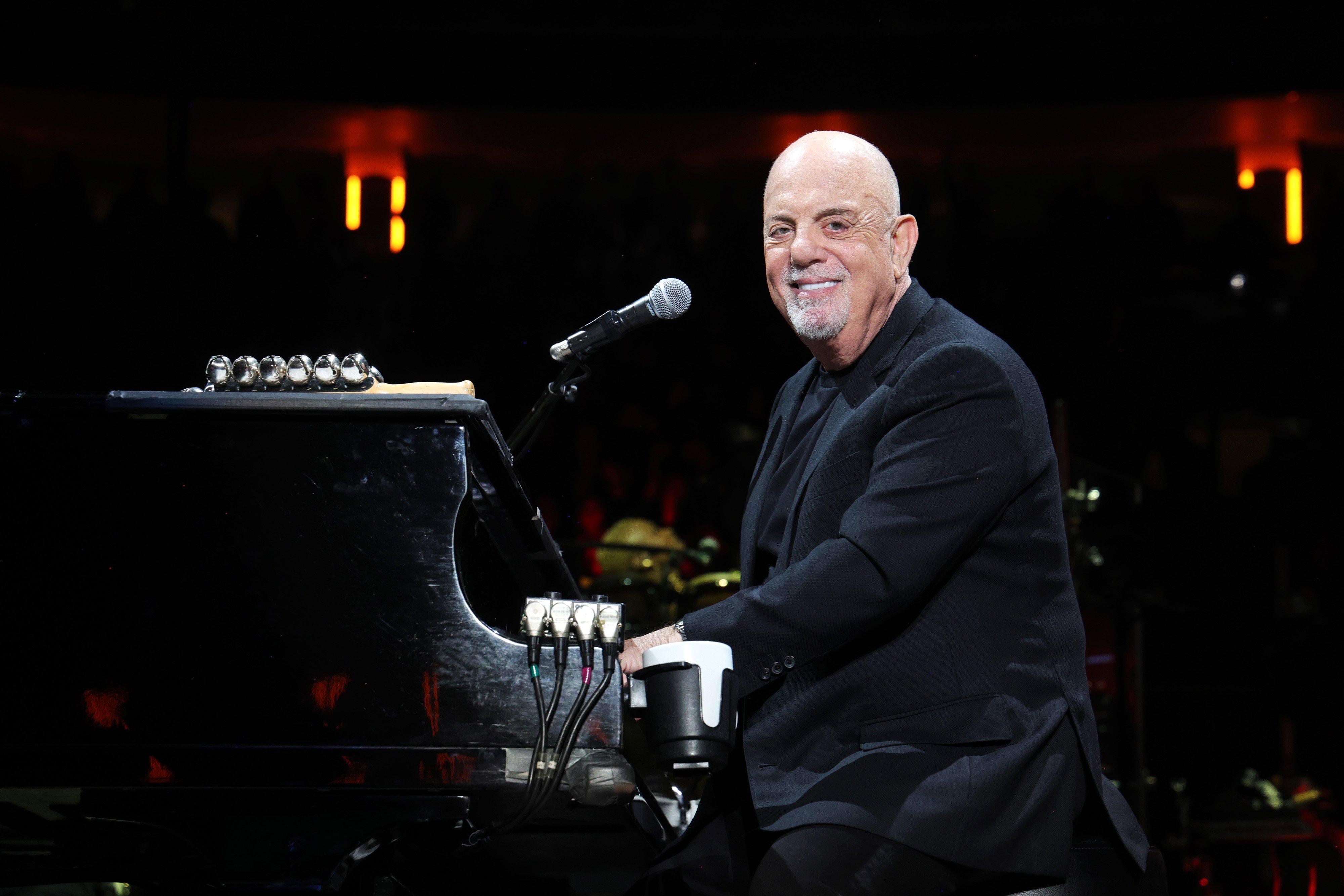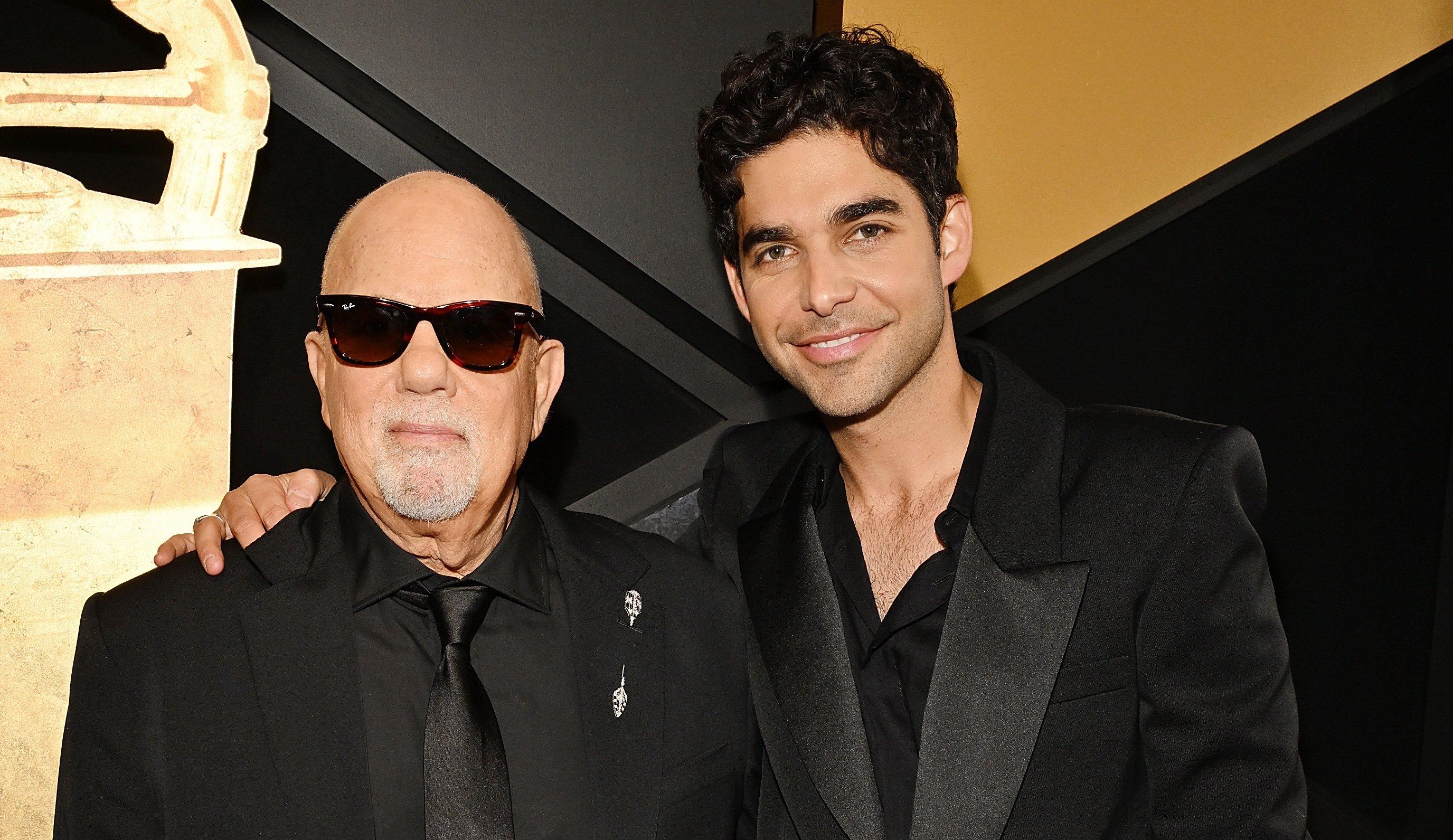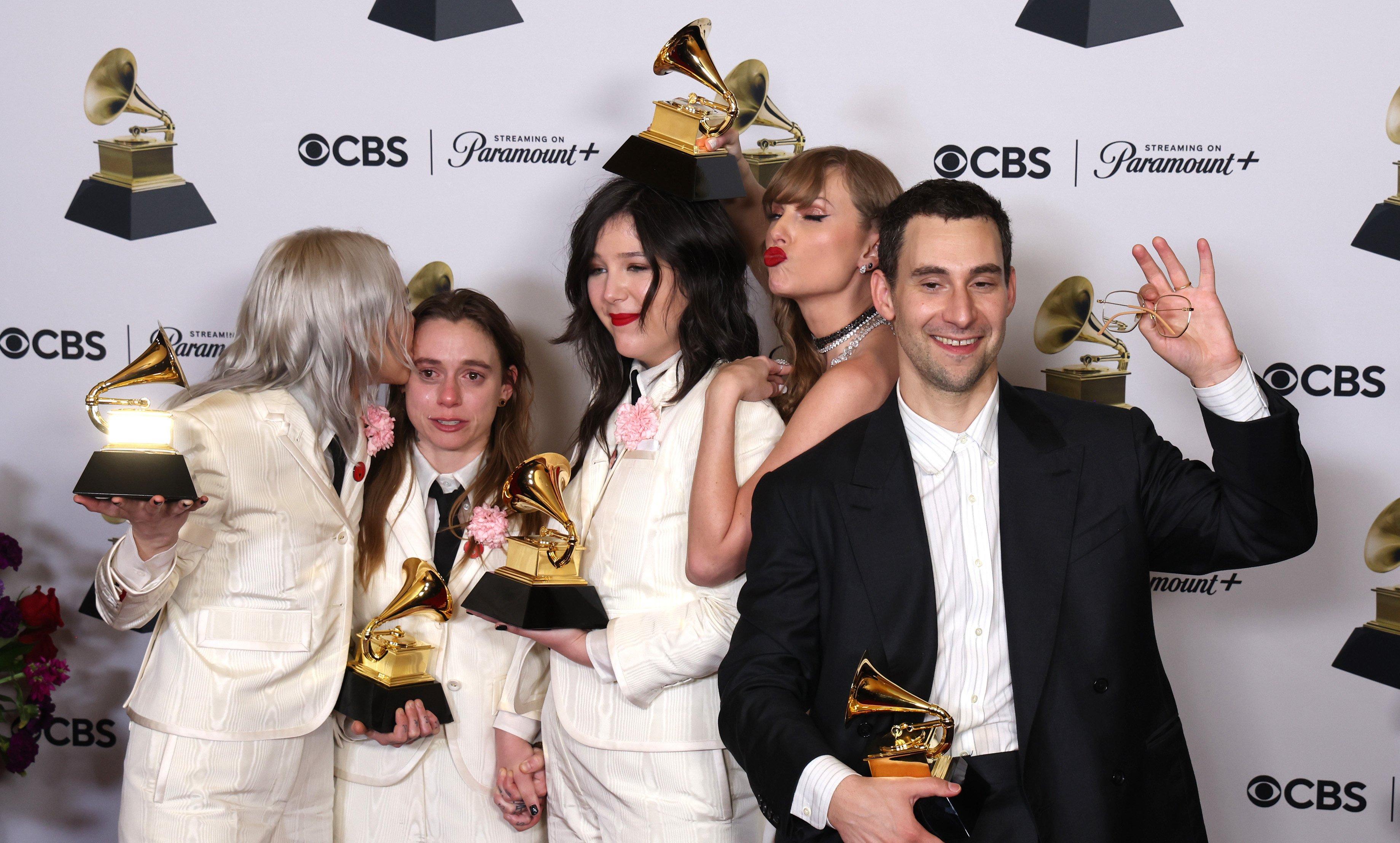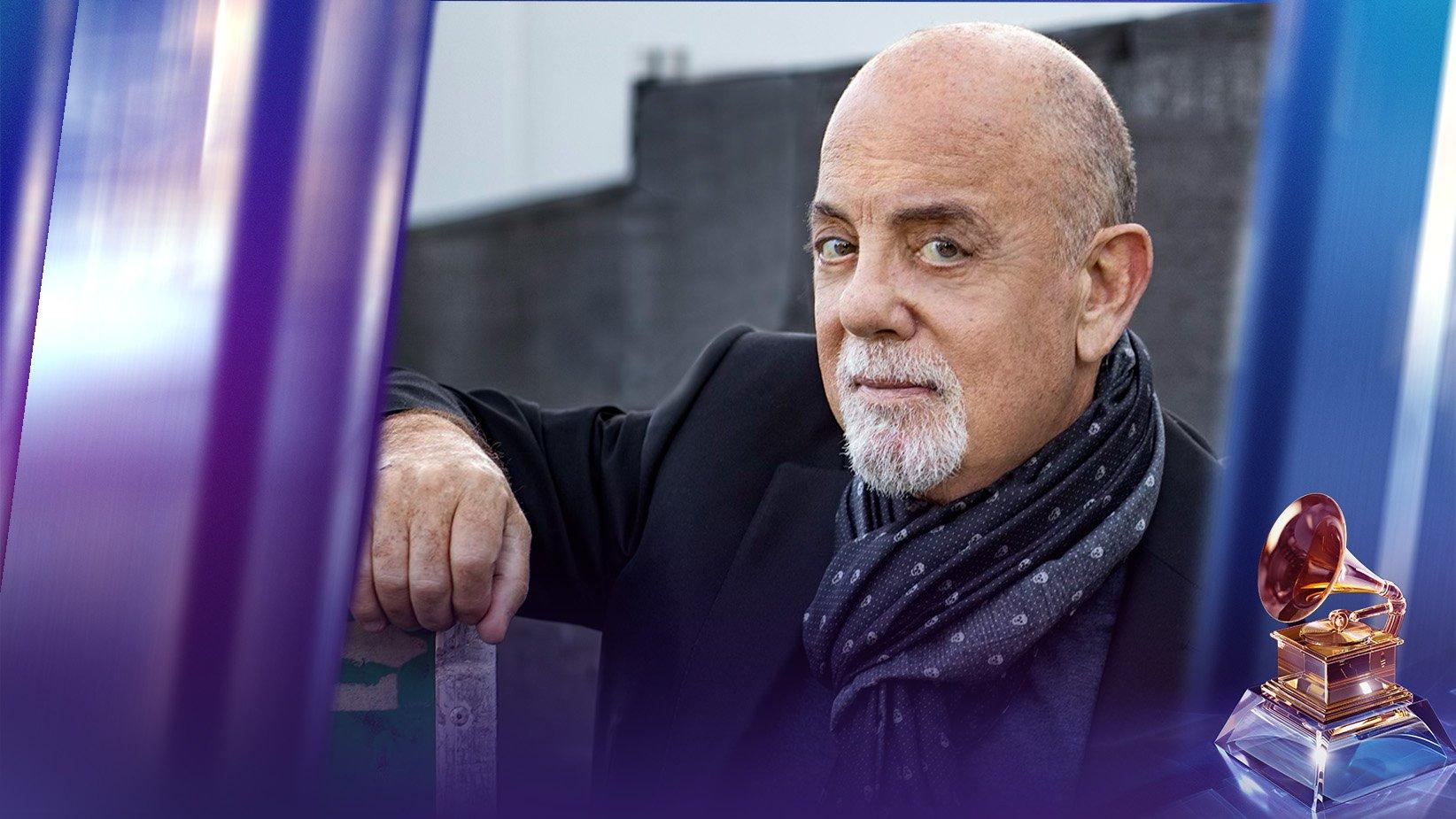Did rock and roll actually save the world from nuclear annihilation?
That case could be made with Billy Joel: A Matter Of Trust — The Bridge To Russia, a feature-length film that documents Joel's groundbreaking 1987 concerts in Moscow and Leningrad during a time when relations between the United States and the USSR were still dominated by Cold War tensions. The film, which premiered on Showtime Jan. 31 and was released on DVD May 19, mixes exhilarating concert footage with reflective interviews that tell Joel's story of being the first artist to stage a full-scale, high-production rock concert behind the Iron Curtain. Viewers can almost experience the Cold War chill melting away song by song as the extremely tentative Russian audiences learn to rock, and as Joel and his bandmates are repeatedly stunned by the openheartedness of a people they'd grown up fearing.
In an exclusive interview with GRAMMY.com, Emmy-winning film director Jim Brown, who is working on a forthcoming Cold War music documentary, Free To Rock, in partnership with the GRAMMY Museum; and Mark Rivera, longtime saxist/multi-instrumentalist for Joel's band, discuss the new documentary and how Joel's concerts may have helped thaw the Cold War. Following the interview, watch an outtake from the film featuring Rivera revealing a piece of history from Joel's 1987 concerts.
There was a concert documentary and a TV special made about Billy Joel's Russia concerts in 1987. What was the main impetus for revisiting the concerts with a new film?
Jim Brown: At the time, it would have sounded very pretentious for Billy Joel to say that he wanted to thaw the Cold War with rock and roll. But that was the intent, and in reality, those concerts did a great deal to improve relations between the two countries, politically and musically. It wasn't long after Billy's shows that Ozzy Osbourne and Mötley Crüe were sharing a bill with Russian bands at the 1989 Moscow Music Peace Festival, and in '91 one of the biggest rock concerts in history ended up being Metallica's Monsters of Rock shows held outside of Moscow. In the new film, Billy could talk about his experiences with full hindsight.
Mark Rivera: I find the story more compelling now than ever before. Those concerts really had something to do with changing the whole political landscape. I'm still blown away by the fact that we were so afraid of these people for so long, and all they wanted was a taste of freedom.
The film makes it very clear that Joel rose to the occasion at a unique moment in history, when the Russian people were ready to embrace American music, and the Soviet government had loosened up just enough to let the concerts happen.
Brown: Billy went over at a "perfect storm"-like moment. For a long time, rock and roll was banned in Russia; it was thought to be an invention of the CIA. Then, music was allowed but was strictly controlled by the government. There was a slightly more open attitude toward American music in the "glasnost" era and the Soviets really allowed Billy to do whatever he wanted. Billy titled the film A Matter Of Trust, and that's absolutely right — he and the Russians proceeded down this path together. It only worked with both sides trusting each other.
Rivera: You can see the cultural transformation take place in the course of our six concerts. At the beginning, people are just sitting in their seats, not moving and not making a sound. Nobody knows what to do at a rock show. By the end, people are surging forward and pounding on the stage. At one show there was a young Russian soldier up front who took off his hat and handed it up to me onstage. It's still one of my most treasured possessions.
You know, when I saw the Beatles on "Ed Sullivan" as a kid, it felt like everything I knew had been turned upside down, musically and culturally. With Billy's band, we got to see that moment happen all over again with the Russian kids at our shows.
The Soviet Union is gone, but Billy Joel's still rocking. What do you think is the real legacy of the 1987 concerts?
Brown: I think you can see in the film that sometimes music gets to the truth faster than anything else. Billy's trip really raised the question that maybe much of the Cold War was a lie. He went over there and found that the "enemy" actually loved Americans. They loved seeing him and his family. They loved everything about the music. And in terms of technological sophistication, forget about them dominating us; they didn't even have enough toilet paper.
Rivera: They couldn't wipe let alone wipe us out. It was crazy. I remember there were two types of water in Russia then: green and brown. The green had the live parasites; the brown had the dead ones. We lived on warm Coca-Cola and vodka. But these people who had nothing were so generous to us and showed us nothing but love.
The giving of the music was actually the gift that we got back, because the Russian audiences' appreciation of our shows was one of the best feelings I've ever had as a musician. Billy actually managed to make the world smaller by bringing people together with music. That's an incredible legacy.
(Chuck Crisafulli is an L.A.-based journalist and author whose most recent works include Go To Hell: A Heated History Of The Underworld, Me And A Guy Named Elvis and Elvis: My Best Man.)




